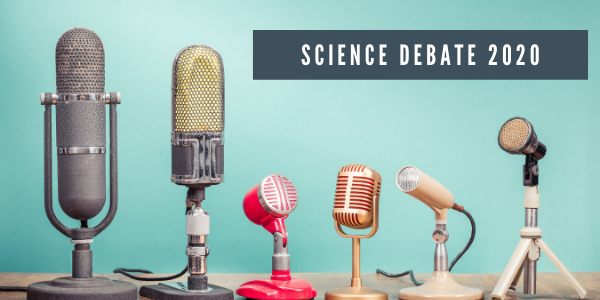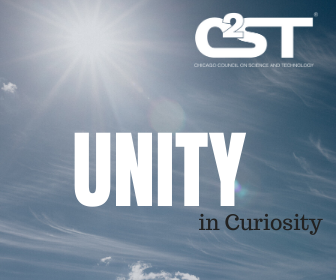Science Debate 2020

By C2ST Staff

By C2ST Staff
Comment by Robert J. Kriss, C2ST Editor
Scientists at the U.S Department of Energy’s Argonne National Laboratory, Northwestern University, University of Chicago, and University of Wisconsin are collaborating to develop customizable, “smart,” and energy-efficient windows for office buildings and residences. These windows, custom designed for particular geographic locations, contain transparent solar cells to generate electricity. Other layers of transparent materials in the window control how much of the light spectrum will pass through the window to heat and illuminate the interior and how much will be used to generate electricity. A mathematical model has been developed to determine for a specific location, based on, among other things, the angle of sunlight and other weather parameters, which materials should be used and in which geometric configuration to reduce energy consumption while providing adequate illumination. The design will be different for Chicago than for Miami, for example.
Continue reading “Time To Get Smart—A Window Into The Future”
By C2ST Staff & Dean Rashid Bashir
We hope you enjoyed Science from the Frontlines: Engineering at the Service of Humanity! Check out these resources from our speaker, Dean Bashir, to learn more about the Grainger College of Engineering’s response to COVID-19 and their other initiatives.
Continue reading “Resources for Science from the Frontlines: Engineering at the Service of Humanity”
By C2ST Staff & Dr. Cris Hughes
We hope you enjoyed Forensic Technologies: New Frontiers Bring New Considerations! Check out these resources from our speaker, Dr. Cris Hughes, to learn more about the past, present, and future of forensic technologies. Continue reading “Resources for Forensic Genomic Technologies: New Frontiers Bring New Considerations”
By C2ST Staff
The last few months have been challenging for Chicagoans, Americans, and citizens of the world. Now would usually be the time for many of us to head out to the beach, meet with friends, and enjoy some well earned R&R. Summer is a great time for outdoor science events, like our Urban Nature Walk. While we may not get the summer we planned for, that doesn’t mean we can’t figure out new ways to have fun in the sun.

By Zuri McClelland, C2ST Aux-Board Member
The Earth’s climate is changing more rapidly than we could have ever expected. To keep up with the production of food and goods, we have produced a massive amount of gases, like carbon dioxide (CO2), that fill our atmosphere. These gases capture a significant amount of the radiation reflected from the Earth’s surface trapping heat energy, ultimately warming up the planet. This is called the greenhouse effect. Over the course of decades, scientists have seen an increase in global temperature due to this phenomenon. As a result, the polar ice caps have melted, sea levels have risen and weather patterns have changed. The effect on humankind and the animal kingdom is already underway but we’ll continue to see changes that may affect all living matter on Earth. Continue reading “How You Can Help Fight Climate Change in the Chicago Area”